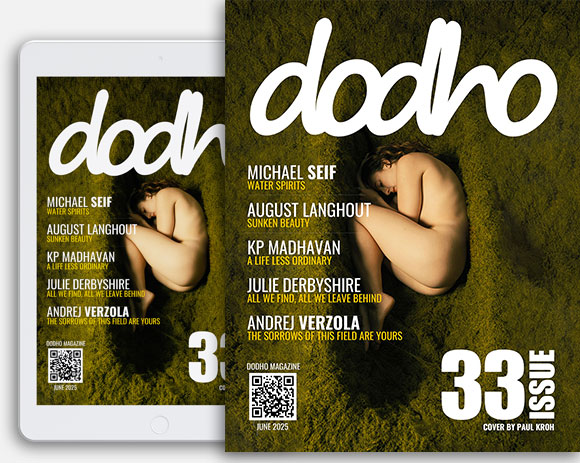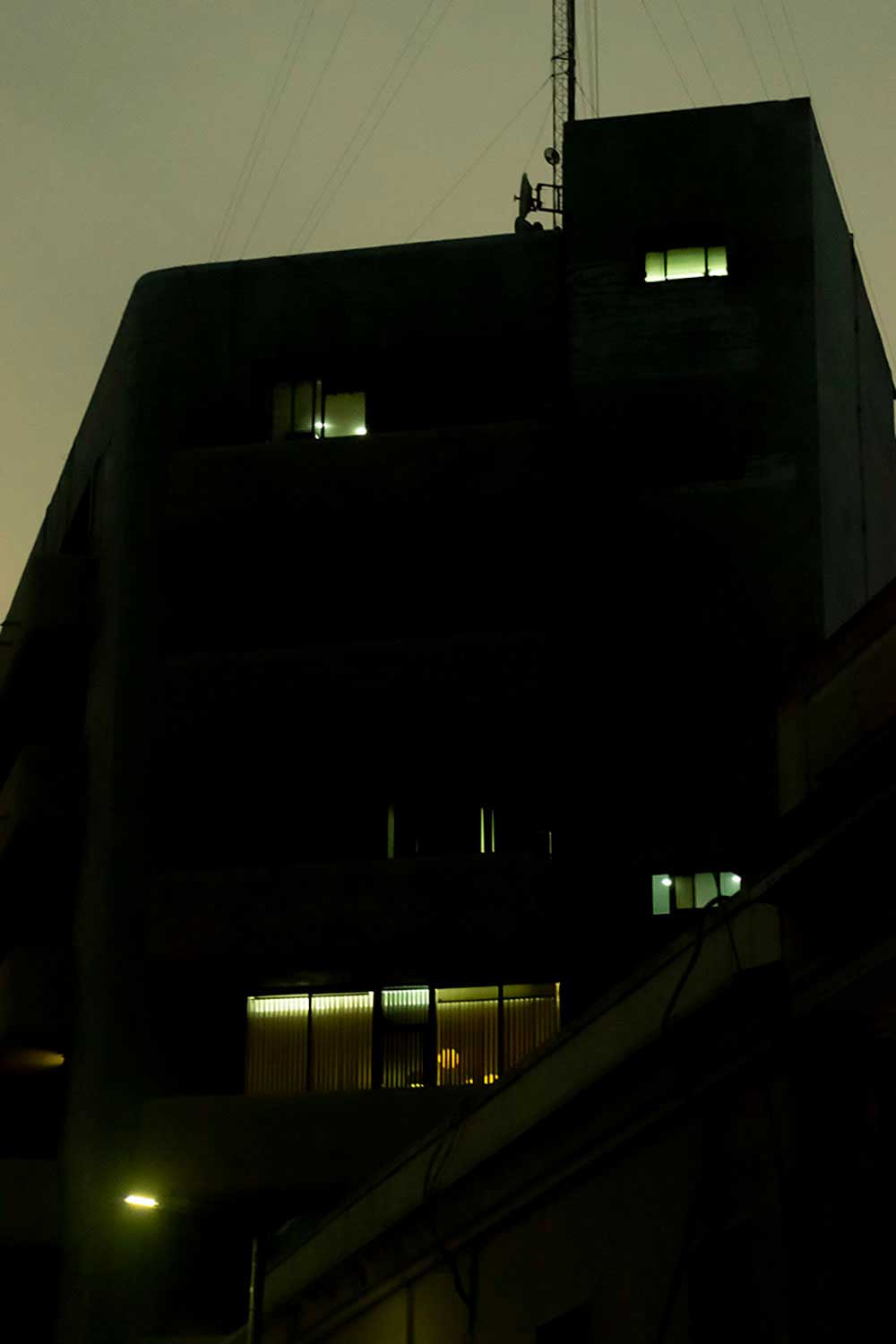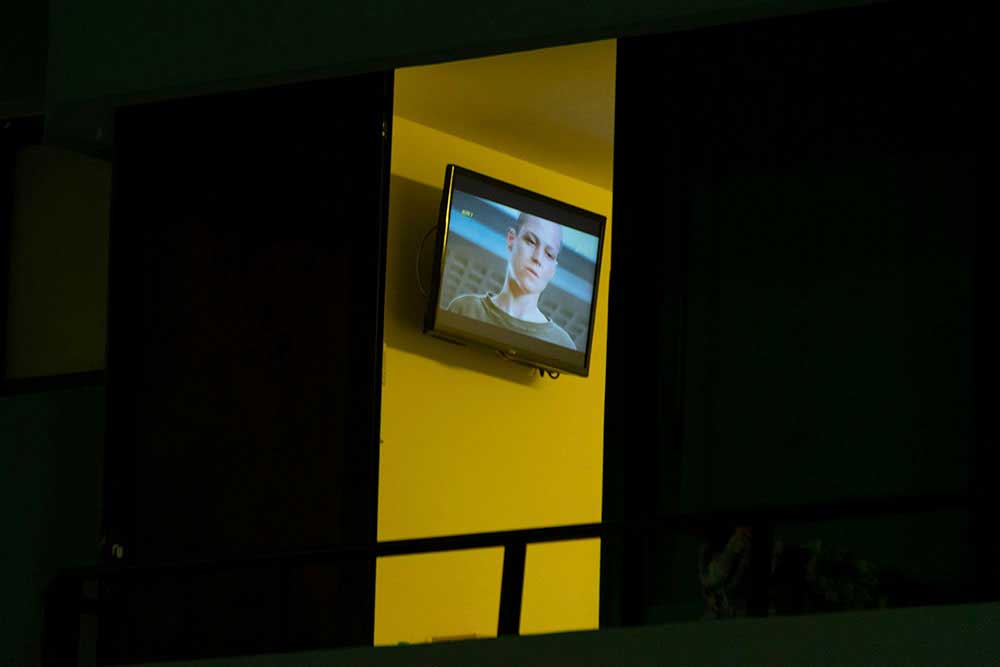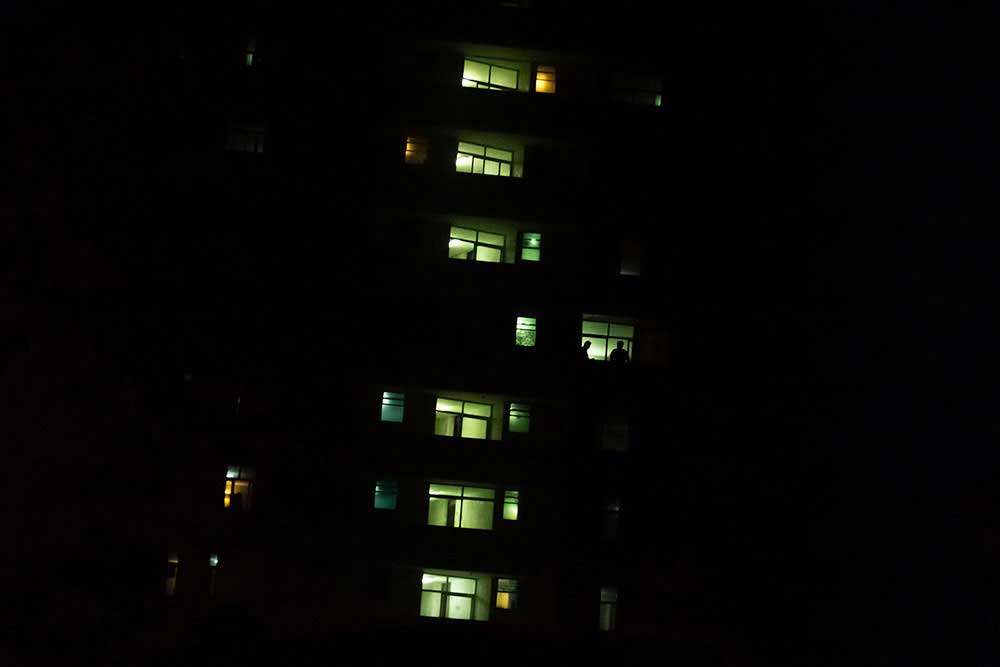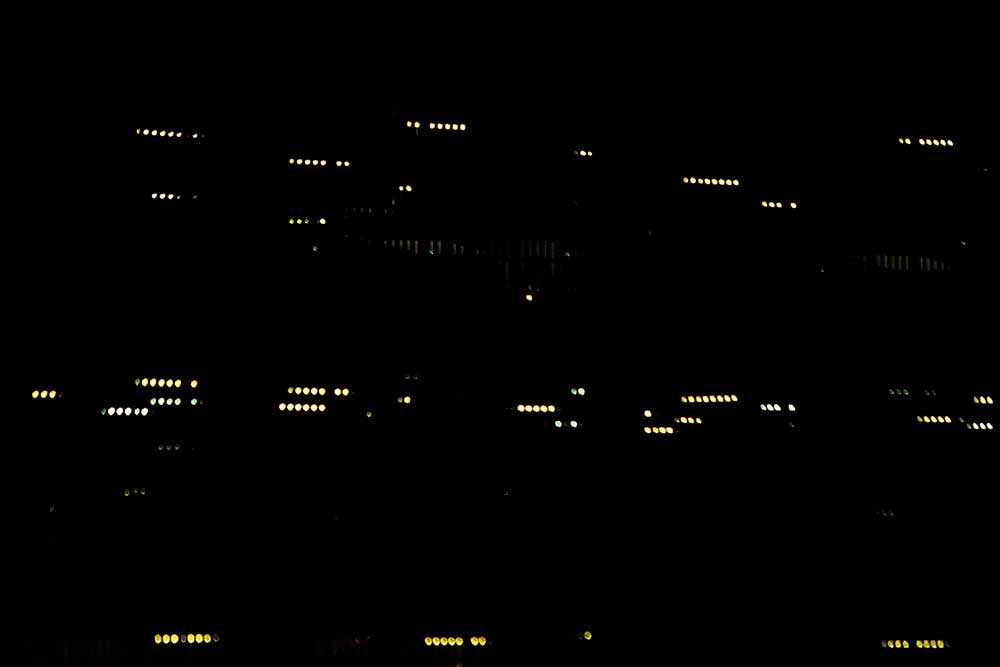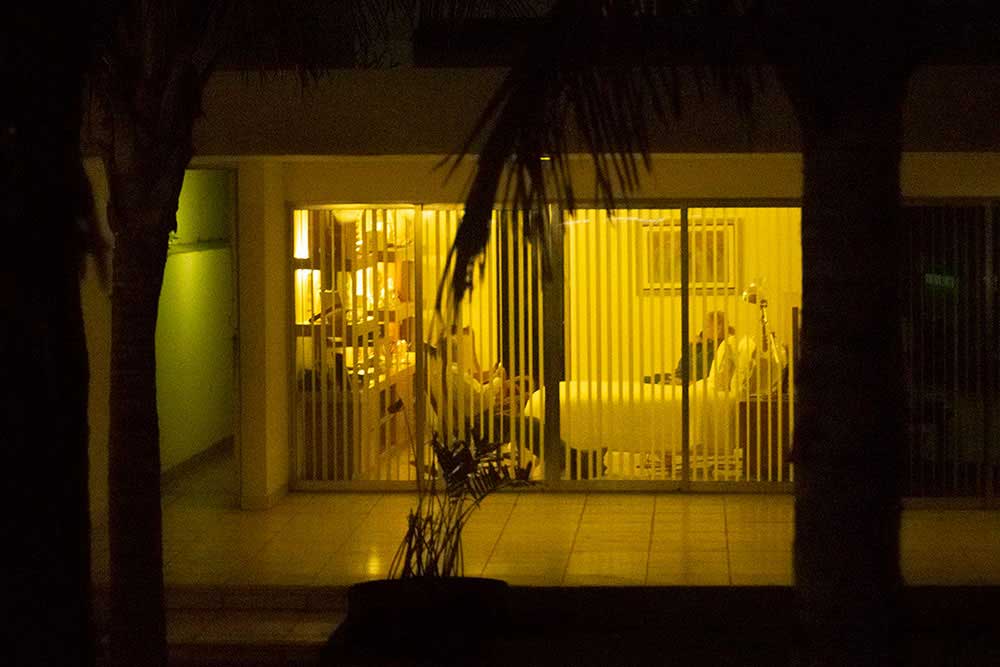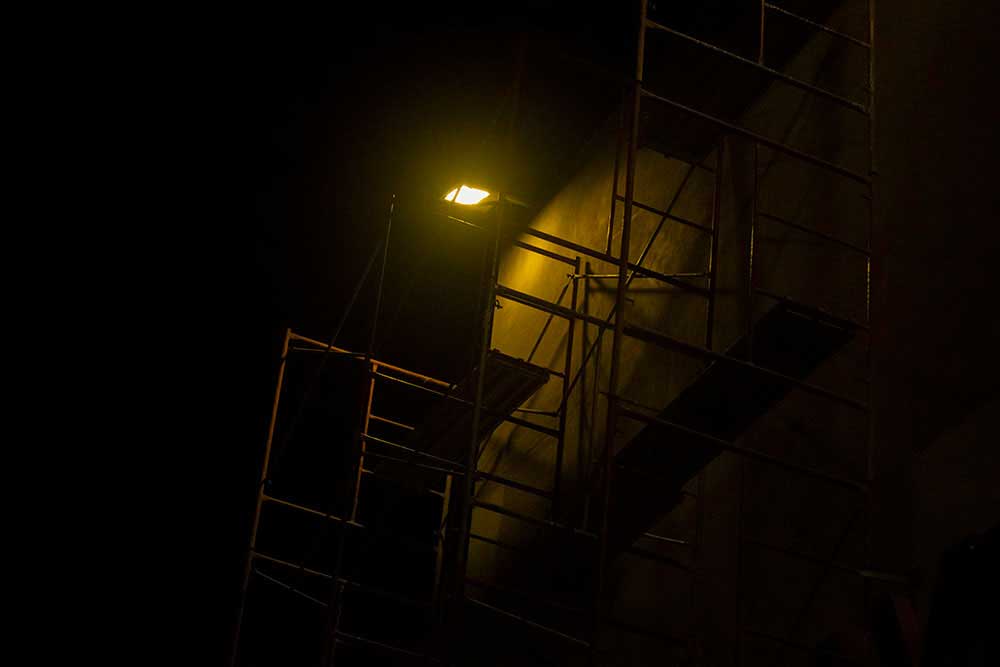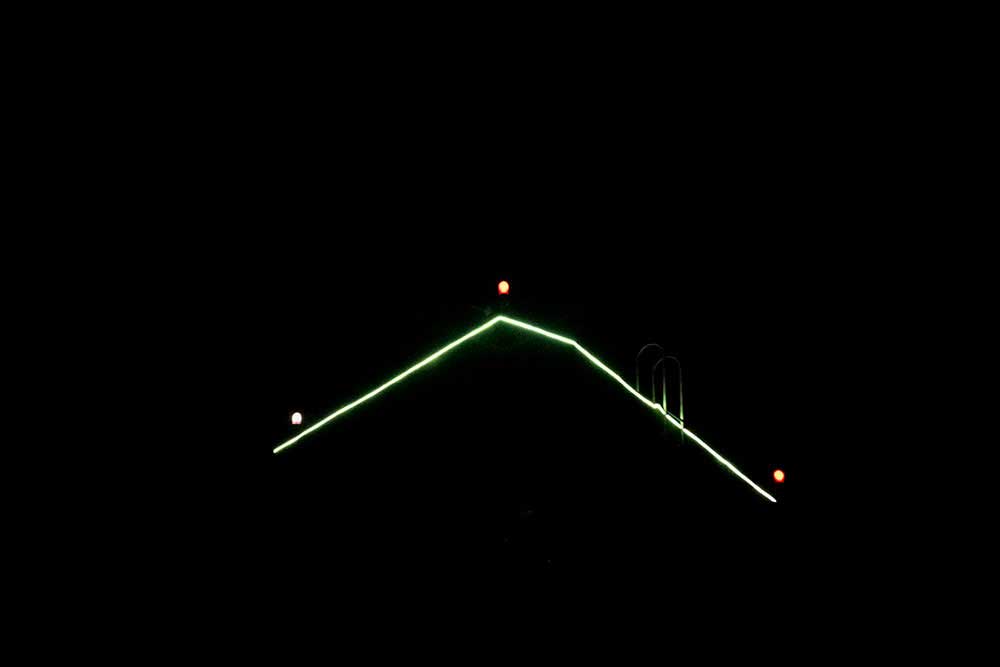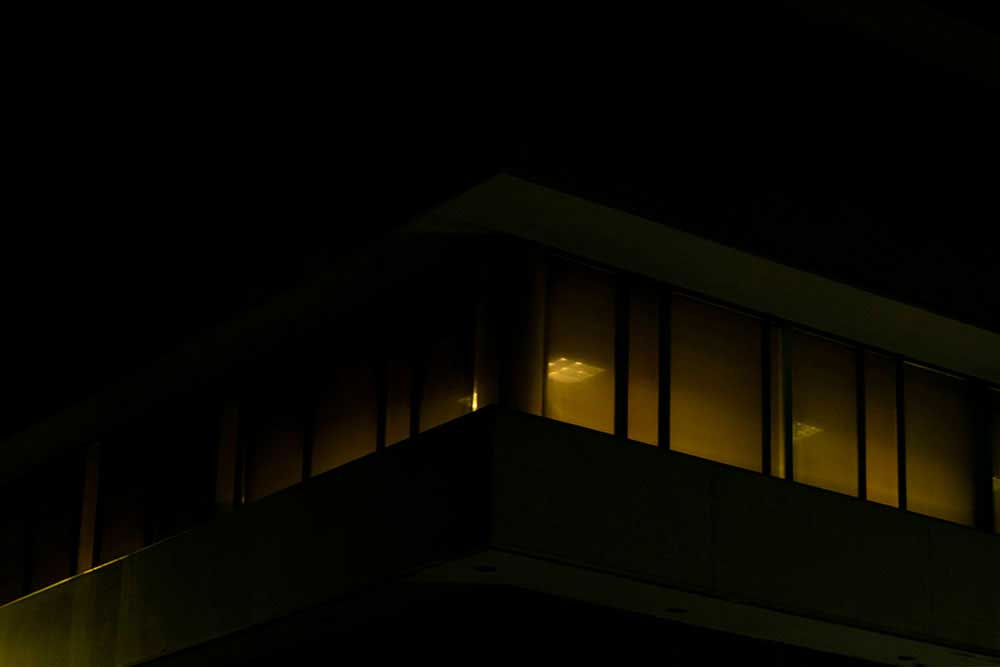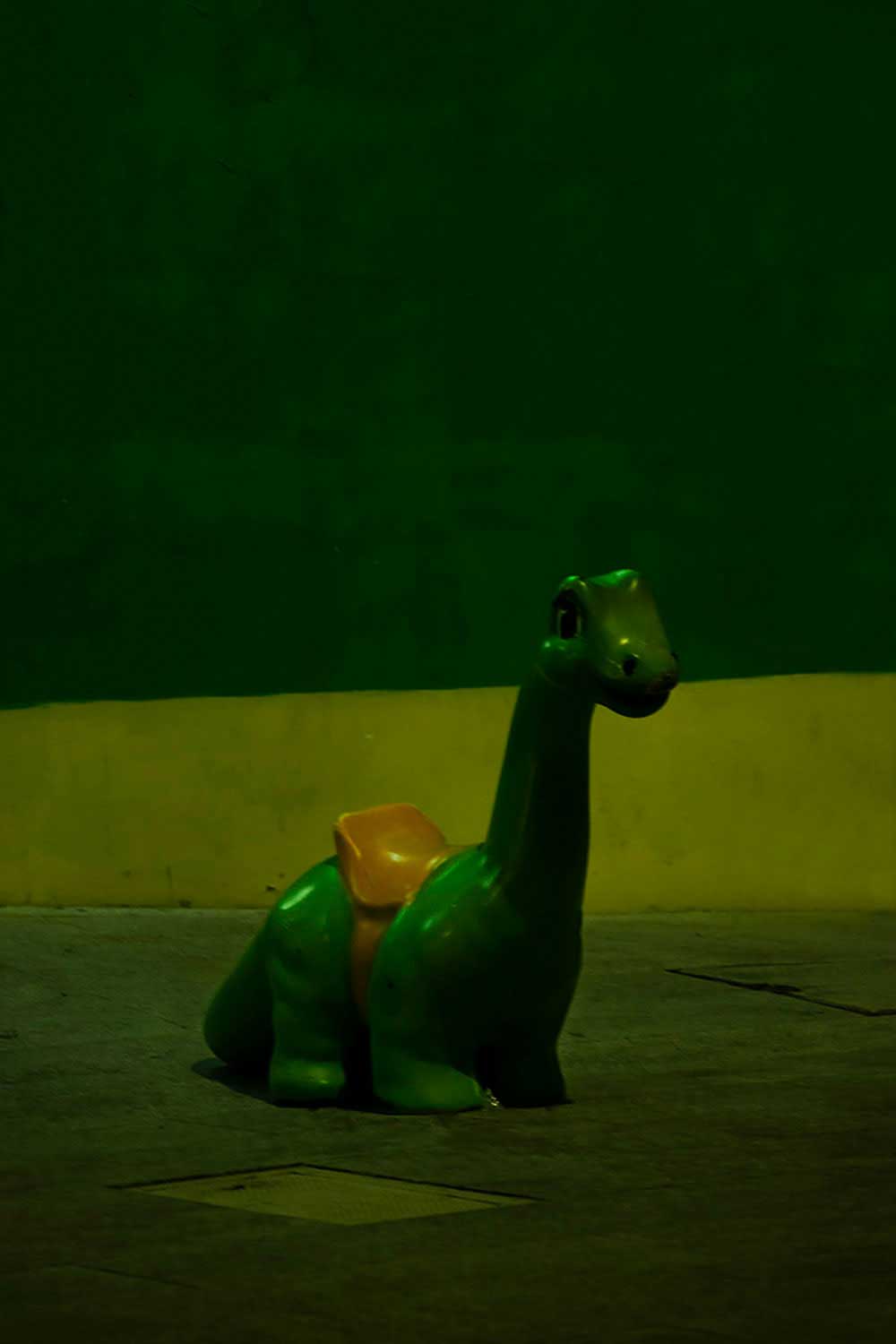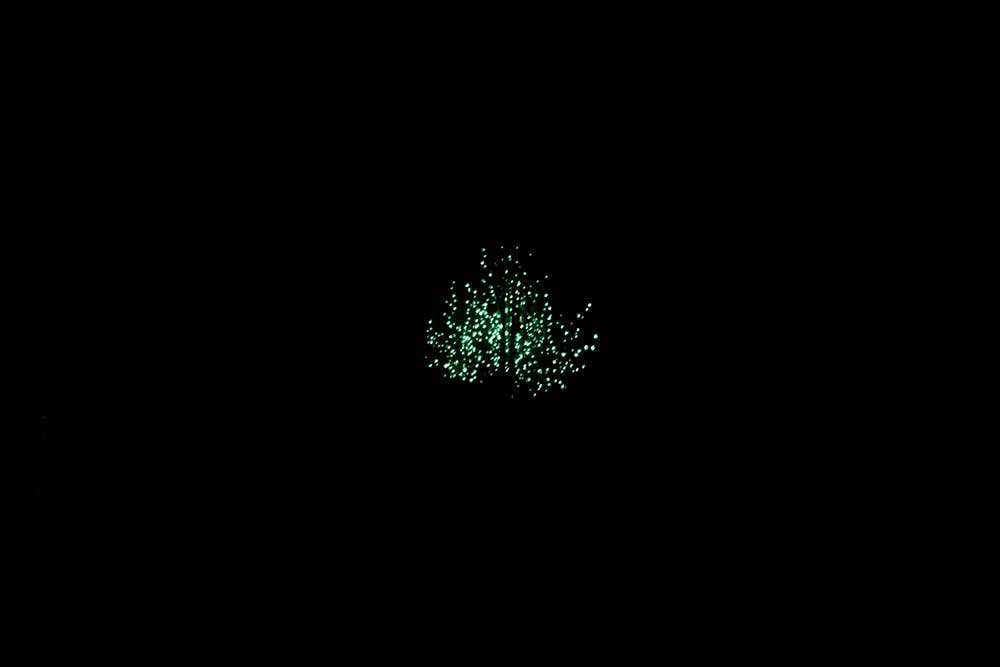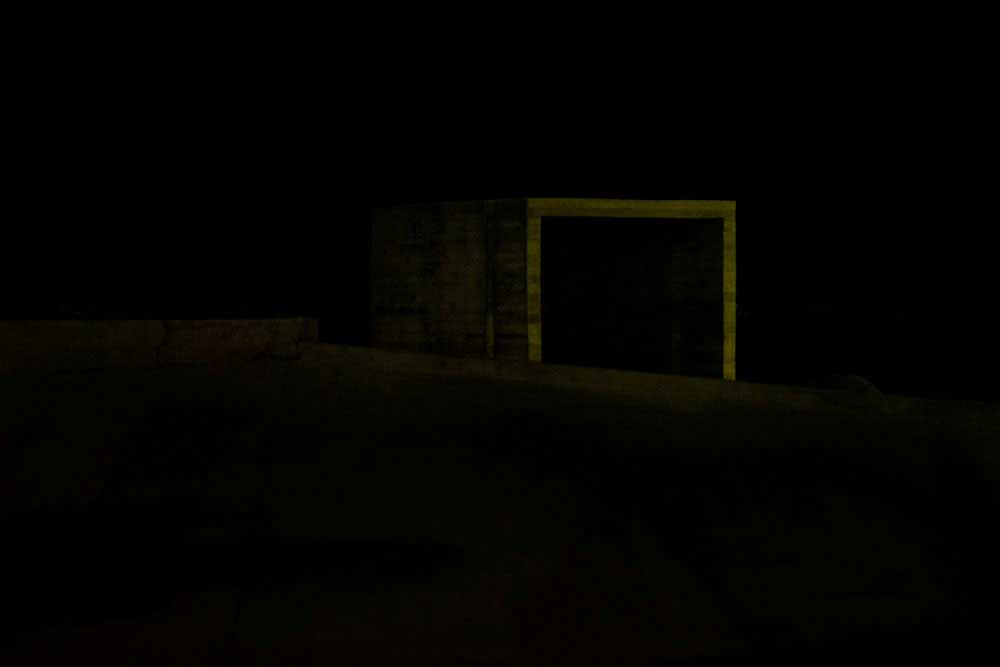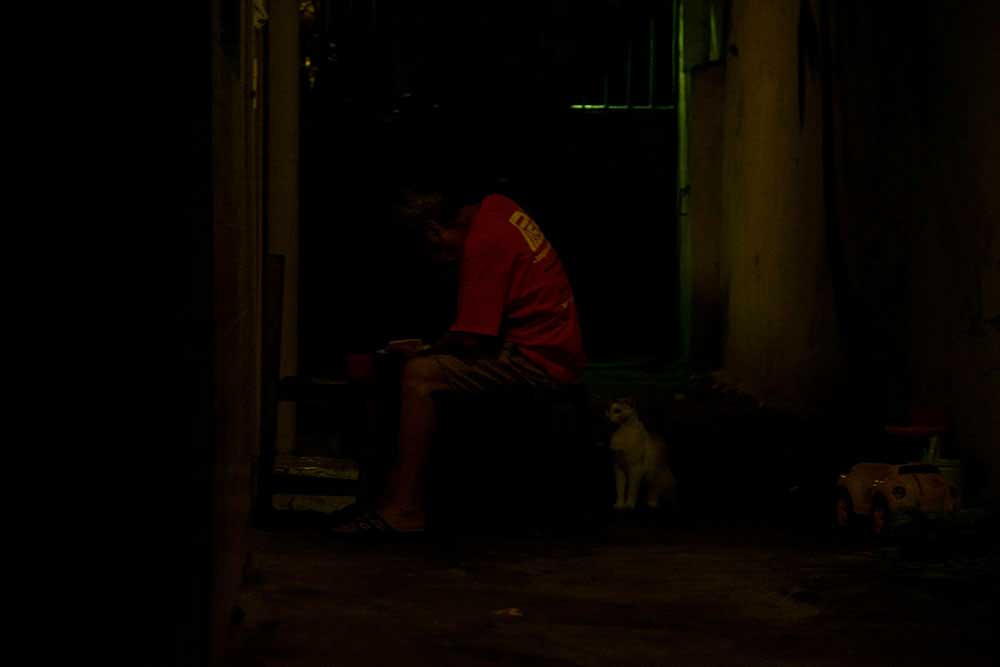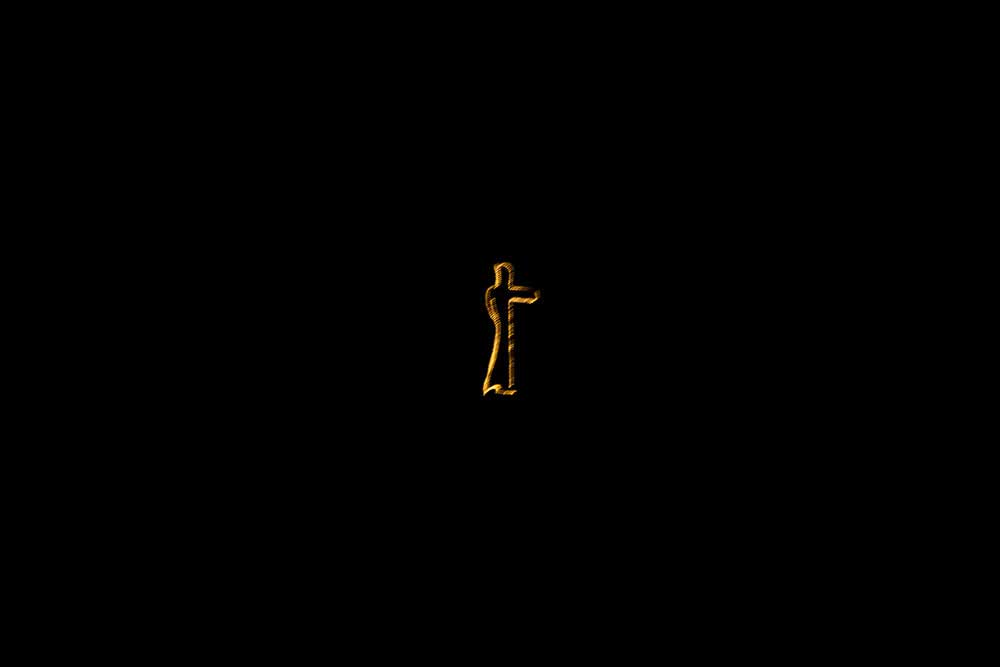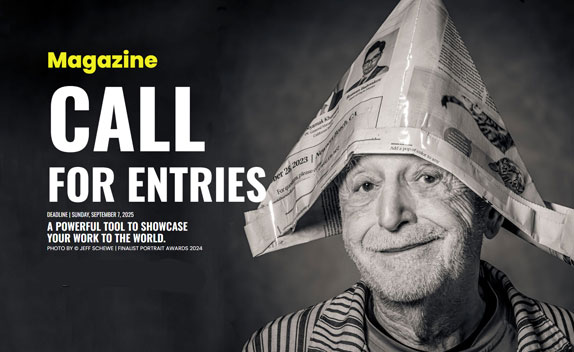We continue alone in the city, empty places and hiding from fear, creating desperate silences to wait for other loners to accompany us. The paradox of social confinement can cause great tension and misfortune to its inhabitants, where the dimension of their living space is severely restricted, which can generate serious physical and psychological consequences.
The night is another reality where the light is never enough and all the fears are there and that precedes the day and has preceded the formation of the world, traditionally the night also means chaos, death, sleep, eternity, what feminine, the time of gestations, as well as the indeterminate and dark thoughts.
In the same way, it represents loneliness, silence, shadows, and mystery, in contrast to the day where clarity, bustle, everyday life and even automatism predominate. The darkness became insufferable, slow, crawling, lonely, as if the world had disappeared.
The forbidden approach is encouraged as a product of confinement and generates the search for mechanisms to break everyday life, it makes subjectivity become an objective vision of things experienced in long walks through the night where there is little presence of people.
The fact that the night allows invisibility, this is to enter the night reality and peek – through the windows – either what is happening in the streets or the privacy of others.
The rooms erected as fortresses, the insistence on interiors and exteriors; the houses that prevent the passage of the glances.
The possibility that the lack of light offers to create a separate reality and that in this sense offers an alternative of life to which we will have to adapt to be able to go out freely and not be singled out. After all, the meaning of the night for many is death, fear, loneliness and silence.
About Emilio Torres
Emilio Torres (born in Mexico in 1981 and lives in Mexico) is a photographer who works on topics related to the body, social behavior and transformation. He received the honorable mention in the XXXV Anthropological Photography Contest by the National School of Anthropology and History of Mexico City (2016). Torres’ work has been exhibited in Chile, Argentina and Mexico. Torres is a photography teacher. [Official Website]


